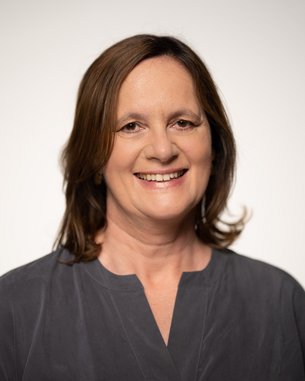Preparing for your stay abroad
As soon as you have been officially accepted by the partner university, you will receive a letter of acceptance. Please send this to the International Office.
Now you can start the final preparations for your stay abroad:
- Apply for a visa (if necessary)
- Make sure you have sufficient insurance cover for the host country (health, accident, travel and liability insurance)
- Find accommodation
- Make travel arrangements etc.
You can also ask the International Office at your host university for advice on how to proceed.
During your stay abroad
Once you arrive at your host university, have the Arrival Confirmation Form signed and send it to the International Office via email.
If there are any changes to your course selection at the beginning or during your studies abroad, refer to your Course Approval document and choose courses from the Backup Courses table. You must immediately communicate any changes to the International Office and update your Online Learning Agreement to obtain approval from both universities.
If it is already foreseeable that you will not be able to achieve sufficient ECTS in your study abroad (courses not passed, no course change possible), please contact your programme director immediately and discuss the options you have in order to still be able to achieve your outstanding achievements.
If for any reason (illness, accident, indisposition, etc.) you wish to discontinue your stay abroad, please contact the International Office and your programme director as soon as possible so we can discuss the next steps.
After returning from abroad
You must submit the following documents to the SRH International Office no later than 30 days after your last day of study abroad:
- A written report (German/English, 2-4 pages, preferably with photos) on your study experience abroad with information on your preparations, accommodation search, courses at your host university, everyday life in your host country and general feedback on your experience. The report may be made available to other interested students in anonymised form.
- Official transcript of records of the courses you have completed at the partner university abroad (issued by the host university, please also send it to the examination office for recognition)
- Erasmus+ and PROMOS funded students must submit additional documents and will be informed by the International Office
We would be delighted if you are willing to share your experiences with other SRH students after your return.






